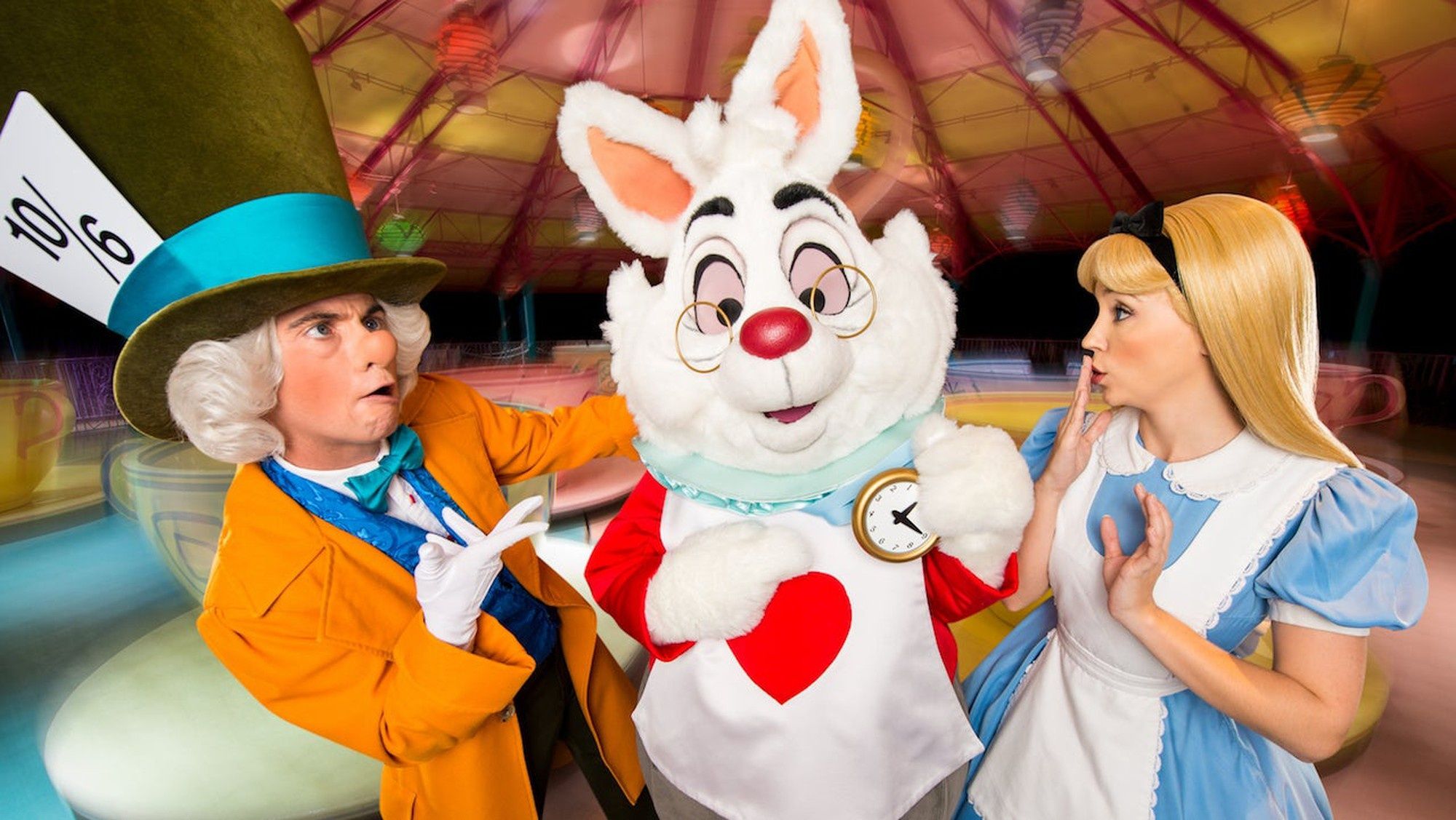There's a lot to like about Walt Disney Co. (DIS 1.83%): TV, movies, theme parks, and a deep well of great characters and franchises it can leverage for decades to come.
And that may be the biggest reason to like Disney. Although it executes well across the board, it's not dependent on one business segment to carry the load.

Image source: Getty Images.
Disney's studio movie productions draw the big headlines. Ant-Man's box-office success in its opening weekend -- a surprise to many, given the quirkiness of this particular superhero -- is a great example. And of course, the Star Wars franchise seems to generate ongoing headlines in anticipation of Star Wars: Episode VII.
But those movies, and all the other motion pictures the company produces, generate just a small amount of the money the mouse and company rake in every year.
In the last fiscal year, nearly half of the company's revenue -- 46% -- came from its media networks segment. That includes ESPN and its offspring of TV and radio networks, ABC, and Disney TV and radio properties.

That may come as a surprise to investors who are drawn to Disney after reading about its box-office successes. But it shouldn't come as a disappointment. In fact, it's one of the reasons why Disney's stock has been a superhero for investors over the past five years, climbing to new heights and delivering a 262% return that absolutely trounced the S&P's roughly 100% return over that stretch.
TV drags, parks are magic
That diversification is important because it prevents any single occurrence from hitting the overall top or bottom line too hard. That helps to keep the knee-jerk reactions to the headline number at bay -- something especially important to individual investors prone to emotional investing decisions. (And really, how many of us are not?)
And Disney is a business that has some cyclical components, likes its movies and theme parks, where revenue can be lumpy and vary from year to year.
This past quarter gave us a good glimpse at the power of Disney's diversification. Overall, earnings were up 11% over the prior-year quarter. That came despite it being a rough three months for a few of Disney's largest segments.
Income at its media networks division, for example, was down 2%, and income for the cable division, which includes its ESPN lineup, was down 9%. Disney has since announced cost-cutting plans for ESPN, which has seen falling viewership, in an attempt to help right the financial ship as people continue to cut the cord on traditional cable services.
The company's amusement parks and resorts, however, had a killer quarter, with revenue up 6% and income up a magical 24%. On the consumer products front, retail sales for "Frozen" merchandise were up 10 times over the prior year.
No big bumps
This diversification is not without its drawbacks, however, and investors should be aware of these before sinking their hard-earned money into Disney.
A wider array of businesses means that Disney is less likely to see a truly meaningful bump from one or two hit movies, no matter how long the lines, how many headlines they grab in their opening weekend, or how many times they appear in the weekly box-office top 10.
This is important because big headlines like the return of the Star Wars franchise no doubt drive interest in investor interest in Disney. Investors need to recognize that they shouldn't be buying Disney as a way to cash in on the upcoming Star Wars movies any more than General Mills investors should expect a big bounce from the addition of new Cheerios varieties.
Single events like movies or new theme park attractions aren't going to drive Disney's revenue or earnings through the roof.
Don't buy for Star Wars
But that doesn't mean you shouldn't be eyeing Disney during the build up to Star Wars: Episode VII. It just means that you probably shouldn't be eyeing Disney because of the build up to Star Wars: Episode VII.
You should be looking at Disney because it operates a diverse array of entertainment businesses, and it operates them well. Investors shouldn't expect Disney to be a juggernaut that rides a single movie or theme park opening to new highs.
But if planned cost cuts at ESPN can help to put the media networks segment back on the path to growing profits, Disney will be able to weather a possible disappointment at the theaters.








